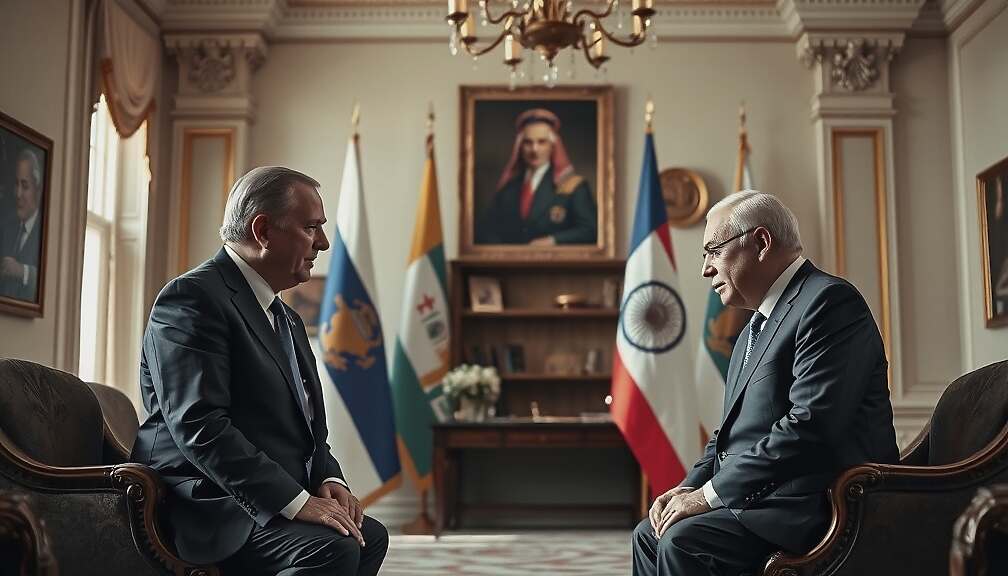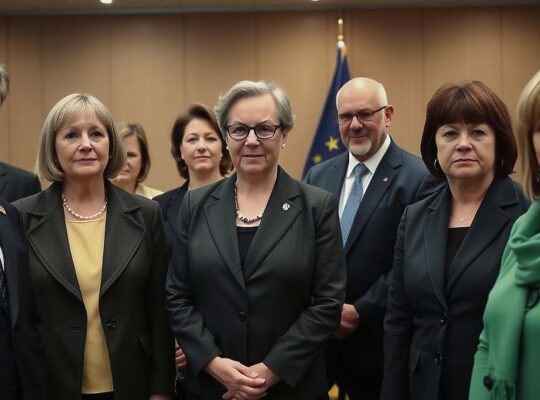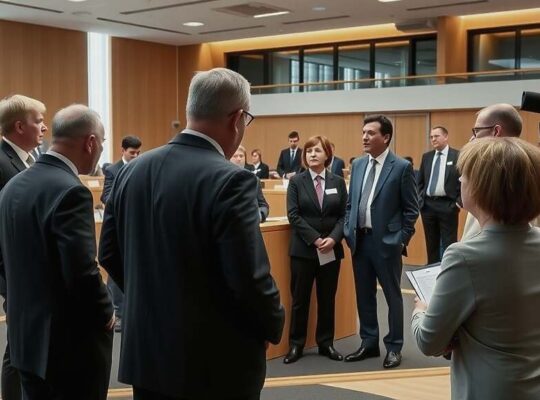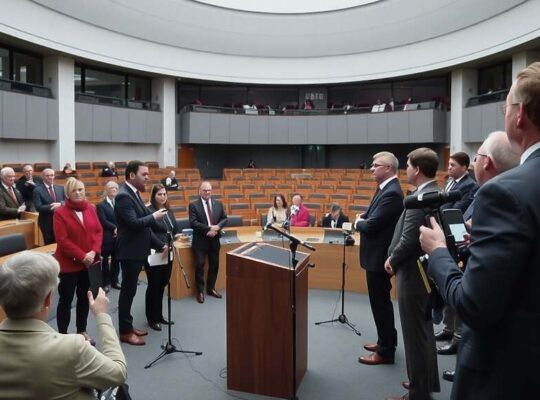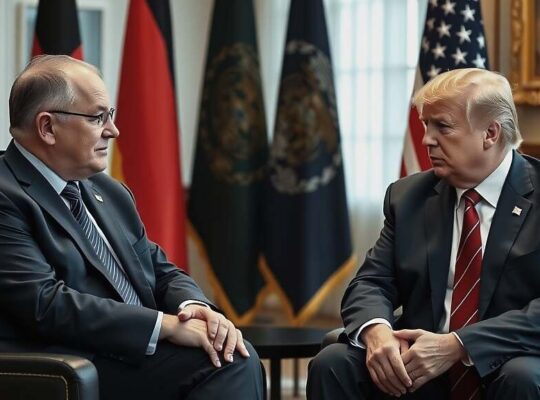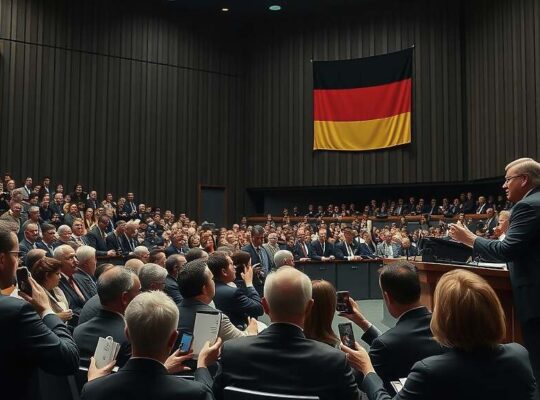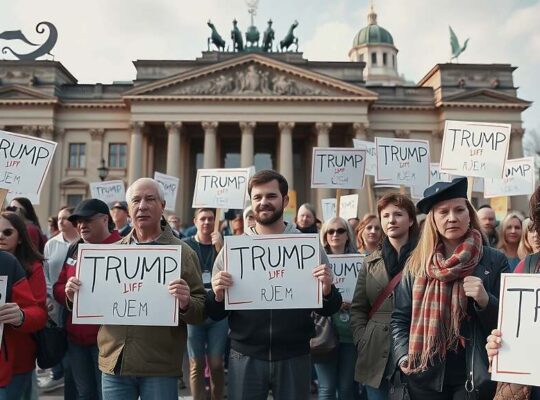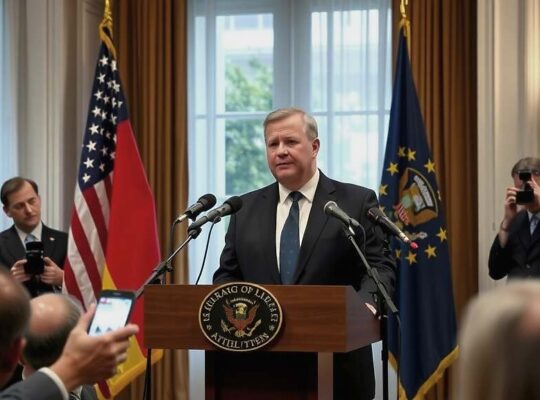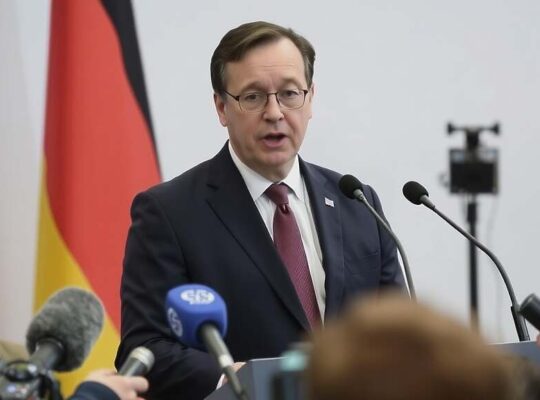The White House hosted Ukrainian President Volodymyr Zelenskyy on Friday, during a meeting marked by Trump’s surprisingly optimistic assessment of Russia’s intentions and raising critical questions about the future of US involvement in the conflict. Despite a recent intensification of Russian offensives, Trump expressed confidence that President Vladimir Putin desires an end to the war, citing a lengthy, two-and-a-half-hour conversation with Putin. He asserted that both Putin and Zelenskyy share the goal of cessation, a statement that diverges significantly from prevailing diplomatic assessments and raises concerns about the basis of Trump’s understanding.
Prior to a planned meeting with Putin in Hungary, Trump suggested that recent developments in the Middle East could positively influence Ukrainian peace negotiations. Zelenskyy echoed the need for a ceasefire as a crucial first step, but swiftly acknowledged a fundamental disagreement: Putin’s alleged reluctance to embrace such an outcome. This discrepancy highlights a potentially irreconcilable divergence in approaches to de-escalation.
The discussion reportedly included the contentious issue of Tomahawk missile deliveries to Ukraine. While confirming their consideration, Trump stressed a preference to avoid their deployment, emphasizing the need for the United States to retain its own military resources. This pragmatic, resource-focused rationale signals a potential shift in US strategic prioritization, suggesting a decreased appetite for escalating military support.
Responding to queries about Ukraine’s capacity to reclaim lost territory, Trump offered a cautious and ambiguous response, characterizing the conflict as inherently unpredictable. This lack of a definitive stance undermines the reassurance that Ukrainian forces could achieve significant territorial gains, potentially impacting morale and influencing ongoing negotiations.
Zelenskyy reiterated Ukraine’s urgent need for robust security guarantees, underscoring the vulnerability of the Ukrainian populace enduring daily attacks. He highlighted the critical role of US strength as a guarantor of Ukrainian security, a plea that suggests a desire for a formal and enduring commitment beyond current levels of support. The pronouncements raise fundamental questions about the trajectory of US-Ukraine relations and the extent to which Trump’s perspective, underpinned by perceived direct communication with Putin, will shape future policy.


